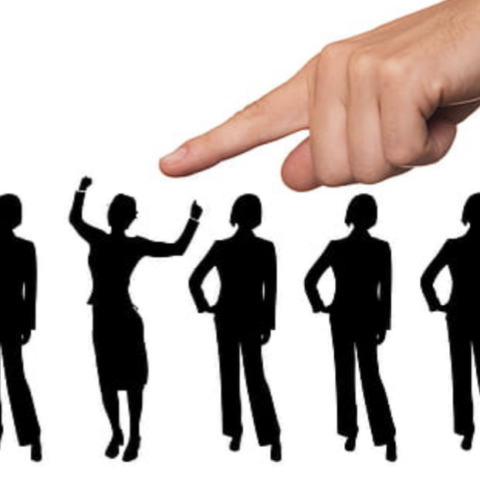By: Olivia Rogers

From the Super Bowl to Facebook to billboards, sports betting platform ads like Fanduel, DraftKings, and Bet MGM want to help you land your “three leg parlay” and “make it rain.” Where before gambling took place on occasion in casinos or at gas station slot machines, today, people worldwide can make live bets from their phones—from NFL football all the way to ping pong games sponsored by the International Table Tennis Federation—anytime, anywhere. In 2024, more than $14 million dollars were placed on sports bets, a 29% increase from 2023. Since the Supreme Court overturned the Professional and Ametur Sports Protection Act in 2018, sports betting is legal in 38 states and Washington D.C. and Puerto Rico but remains controversial in mainstream society.
In the battle to maintain the restrictions on online betting platforms, advocates have pointed out how the addictive nature of gambling creates a noxious cycle that harms sports fans while sports leagues, betting platforms, and politicians benefit financially.
There is a lot riding on the legality of gambling. Sports leagues like the NFL, NBA, and MLB have a vested interest in allowing sports betting to remain legal by advertising sports betting platforms. When gambling platforms sponsor repeat bettors, fans are encouraged to make live bets, increasing viewership on games and raising revenue for the leagues.
Sports betting companies, like DraftKings, have the most to lose if sports betting ceases to be legal as they earn revenue through fees on losing gambling bets. According to ESPN, these sports betting platforms boasted a $13 billion dollar revenue in 2023.
The final cashout in sports betting comes in the form of political campaign financing and lobbying. Lobbying seeks to influence candidates’ and parties’ positions on issues, with some companies donating large amounts of money to gather support for their own views and interests. At the beginning of this year, a coalition of Sports Betting giants (DraftKings, Bet MGM, and Fanduel) formed a legal alliance to hire lobbyists to work in the House of Representatives. These giants also spent over one million dollars combined on the 2024 presidential and congressional elections. Unfortunately, while governments and politicians benefit from sports gambling, consumers suffer the consequences of an unregulated online sports betting system.
Sports betting is highly addictive and uses hits of dopamine to reinforce behaviors, while platforms sell gambling as an “easy and fun” way to make money. Platforms like DraftKings utilize advertisements to draw people in, like five-dollar coupons that make the first bet free and offering bonus bets for the completion of certain challenges. People end up chasing losses by trying to gamble more in order to break even, creating a harmful downward spiral. Research done by the University of Kansas indicates that betting is more likely to take place in low-income households, thus exacerbating poor economic conditions.
Fortunately, there are lawmakers opposed to this harmful practice. House Rep. Paul Tonko of New York’s 20th district has proposed a bill titled “S.A.F.E Bet” that would tighten restrictions on online gambling, making advertising guidelines stricter and preventing gamblers from making large consecutive bets. By restricting the amount and the frequency of bets gamblers can make in one night, S.A.F.E Bet can help mitigate the noxious cycle many bettors are stuck in. Rep. Tonko’s bill was proposed in the House and sent to committee as of September 2024.
Additionally, some health professionals have suggested that gambling addictions should be treated as an issue of public health. The combination of the stimulating nature of gambling and the accessibility of betting apps makes it addictive. As the popularity of online sports betting apps increases, advertising increases to attract more bettors, leading more people down the cycle of losing and chasing the money to win back losses. This cycle can result in debt, substance abuse, depression, and loss of relationships—it is both a financial and a mental health issue. The classification of sports betting addiction as a public health issue would help paint the image of how harmful the practice is and aid lawmakers like Rep. Tonko to make sports betting illegal.
Online sports betting apps are regressive, invasive, and addictive. Sports betting apps are advertised as a quick and fun way to make money while your favorite teams play, but in reality, the bettor is the one getting played.

